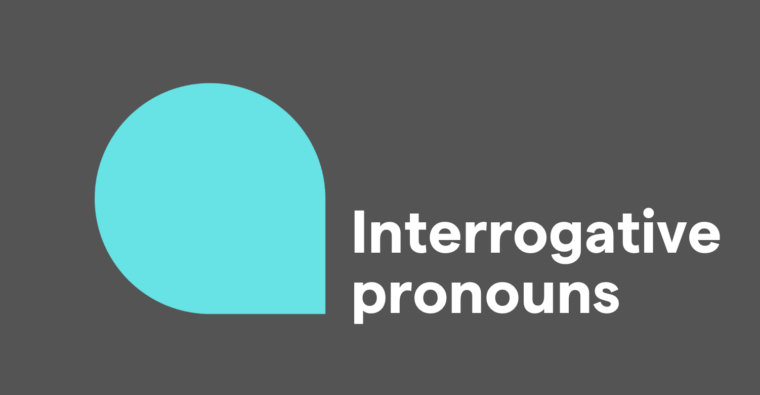
You only have to observe a dog rooting around in the trash can to realize that dogs don’t understand what could happen if they eat spoiled food. Humans, on the other hand, have the power of reason. Rotten meat is dangerous. They can imagine various possible consequences—a tummyache, a trip to the hospital, expensive prescriptions, and so on. Conditional sentences reflect humans’ capacity to hypothesize. What are conditional sentences? How can you use them? How are they useful? Let’s explore the answers to these three questions.
Conditional sentences, sometimes called if-clauses, refer to hypothetical situations and their projected consequences. The if-clause presents a particular condition that must be in place for an action in the main clause to occur.
The Zero Conditional
Zero conditionals refer to general truths or real, possible situations in the present tense.
If water reaches a temperature of 212℉, it boils. Water always boils at 212℉, so this statement is a general truth. In fact, you can replace if with when: When water is heated to 212℉, it boils.
You can also use the zero conditional to give commands that are contingent on a certain circumstance:
If the dog goes outside, make sure he doesn’t get into the trash. If it rains, bring an umbrella.
Conditional Type 1
Zero conditional sentences discuss what happens in general. You will need the Type 1 conditionals to discuss what will happen in the future. Since the future is not entirely predictable, these sentences are not absolute truths but instead likely possibilities.
If I fall asleep, I will miss my favorite show. I will arrive late if my car doesn’t start soon.
Conditional Type 2
You can use the second conditional to talk about things that are unlikely to happen but theoretically possible.
If I won the lottery, I would buy a house in Manarola. She would pass the class if she had a tutor. If the company mailed the check on time, he should get it on Monday.
Conditional Type 3
The third conditional talks about things that are impossible.
I would have gone to the party if I had known about it. (The party is already over, so it is too late to attend.) If humans could fly, they would crash into each other in midair. (Humans don’t have wings, so this condition is impossible to fulfill.)
Mixed Conditionals
English speakers often mix these four basic types of conditionals to talk about the present hypothetical results of past events that may or may not have happened.
If mom had let my buy a goat, I wouldn’t be mowing the lawn right now. If she were going to pass the class, she would have attended the final exam.
If you can identify this sentence as a conditional, you are doing well. Beyond the classroom, you may never need to know whether it is a Type 1 or Type 2. However, you do need to know how to use conditionals in order to put your reasoning power to best use. Conditionals enable you to talk about all the possibilities, such as what will happen if your dog eats garbage or how you would spend a million dollars. You can also talk about impossibilities, such as what humans would do if they had wings or what you should have done that you didn’t. Nothing limits you but your own imagination.






